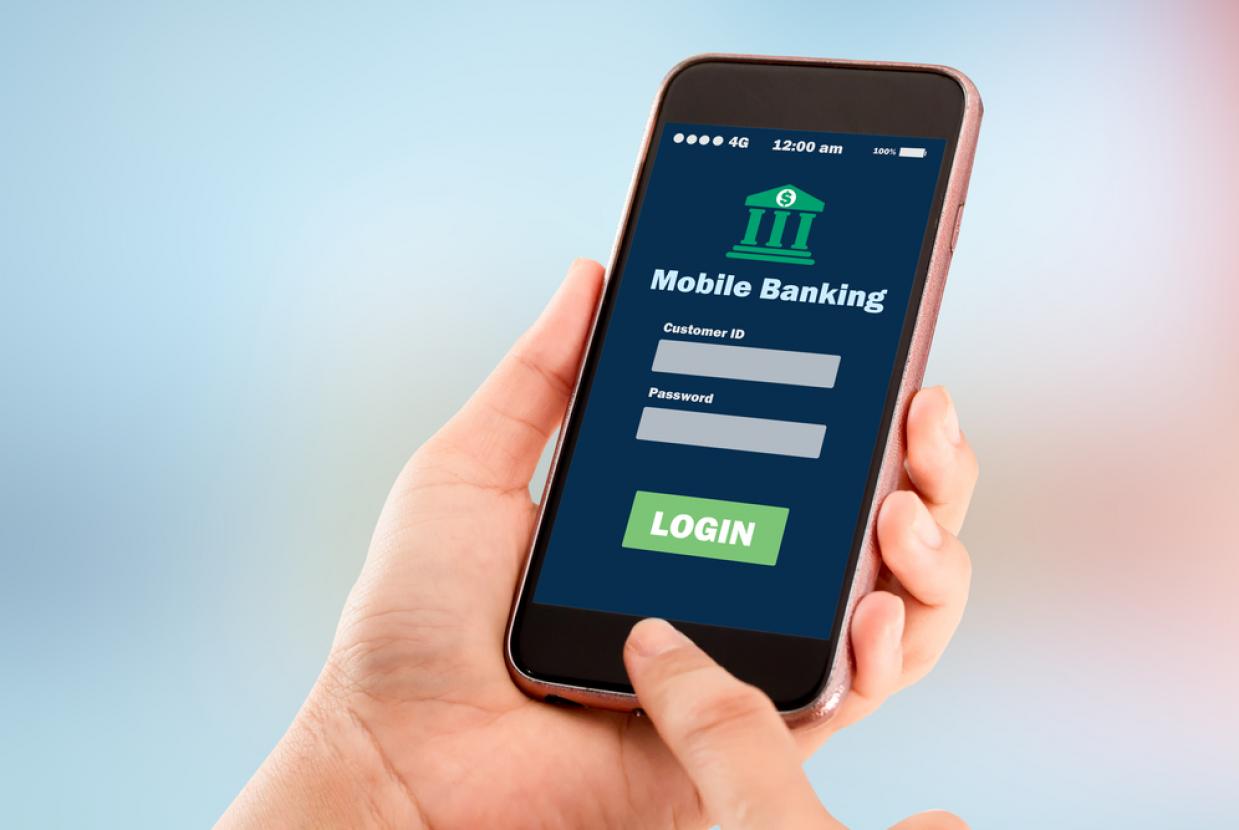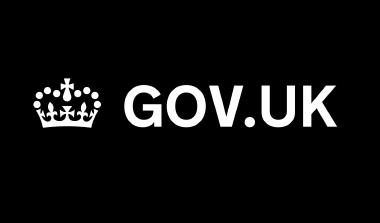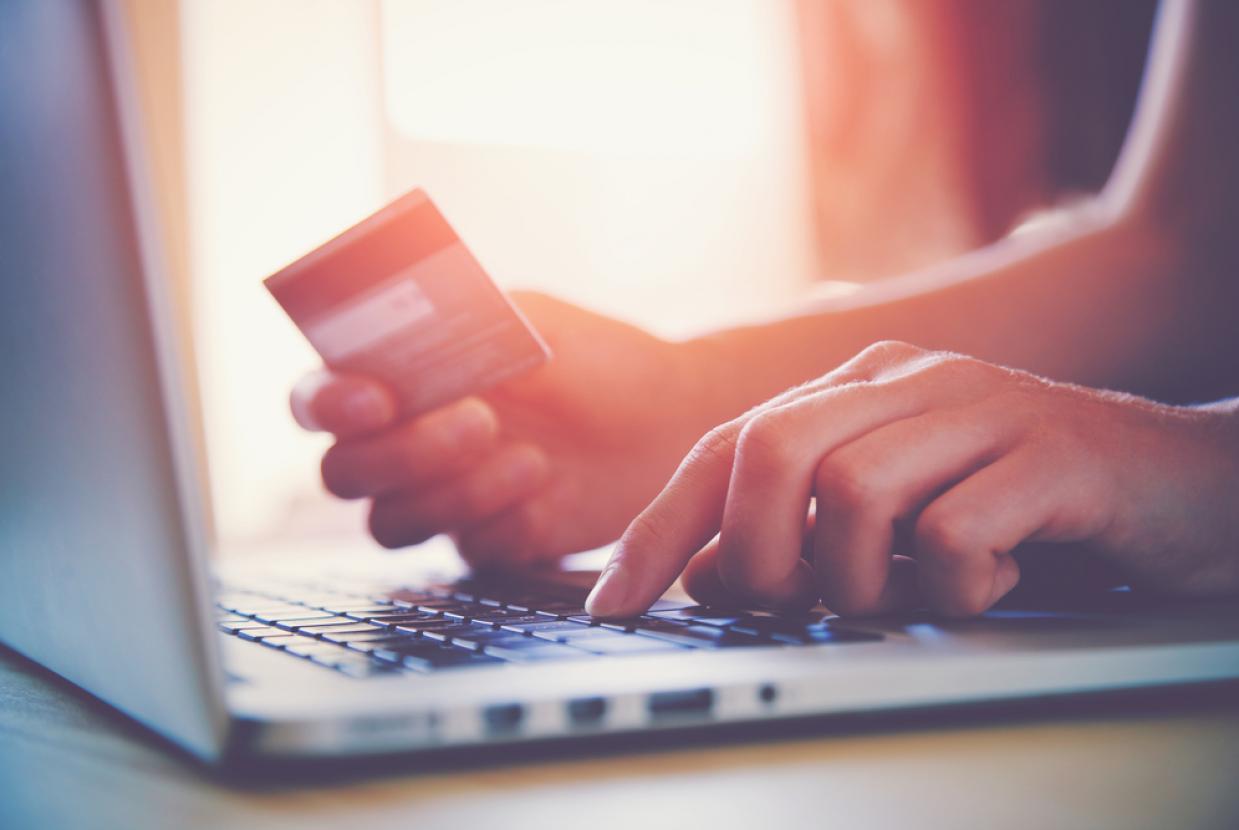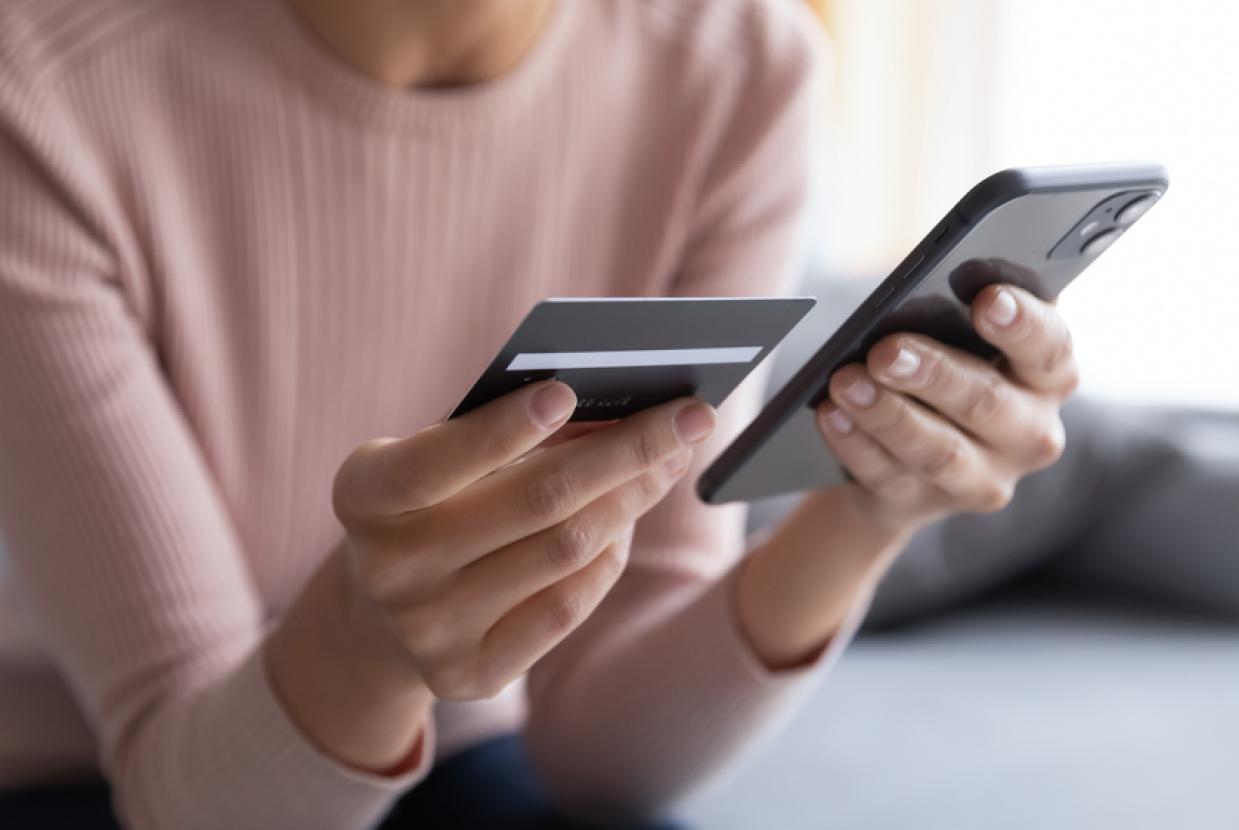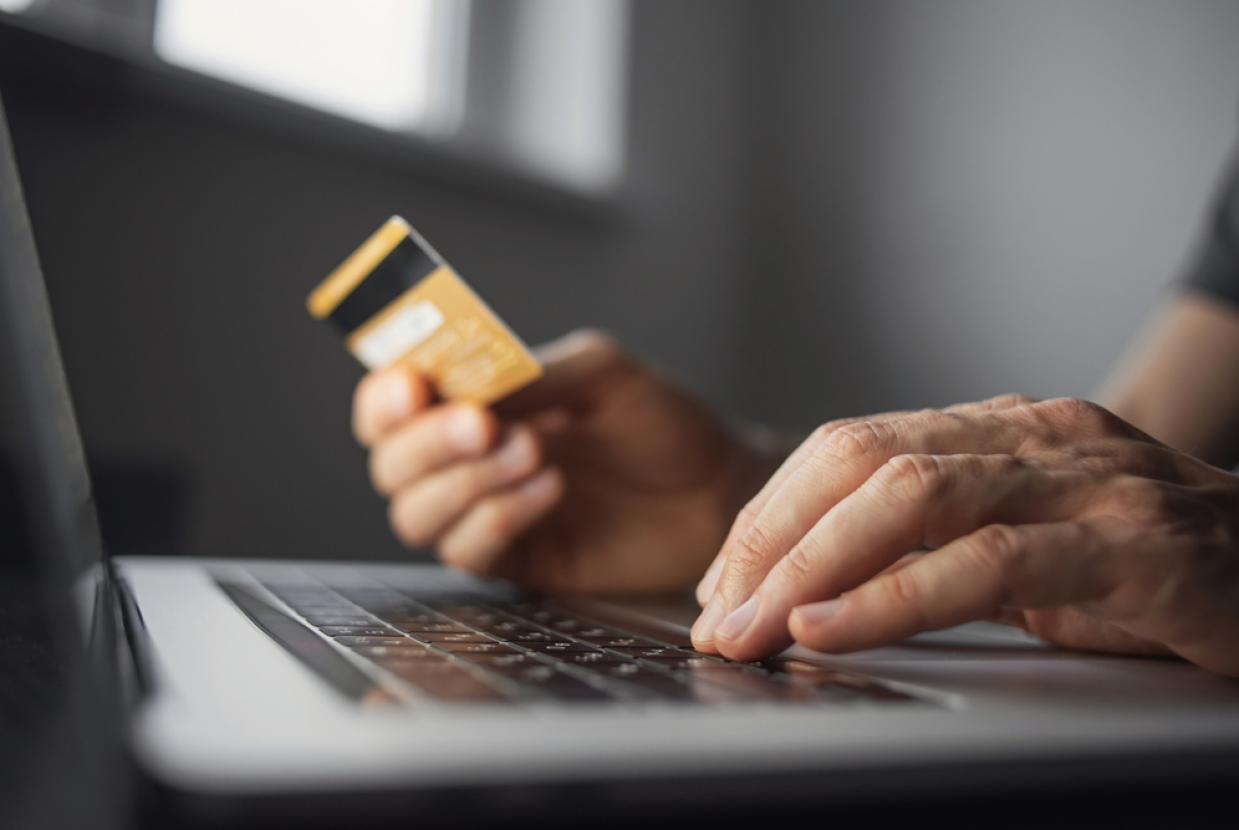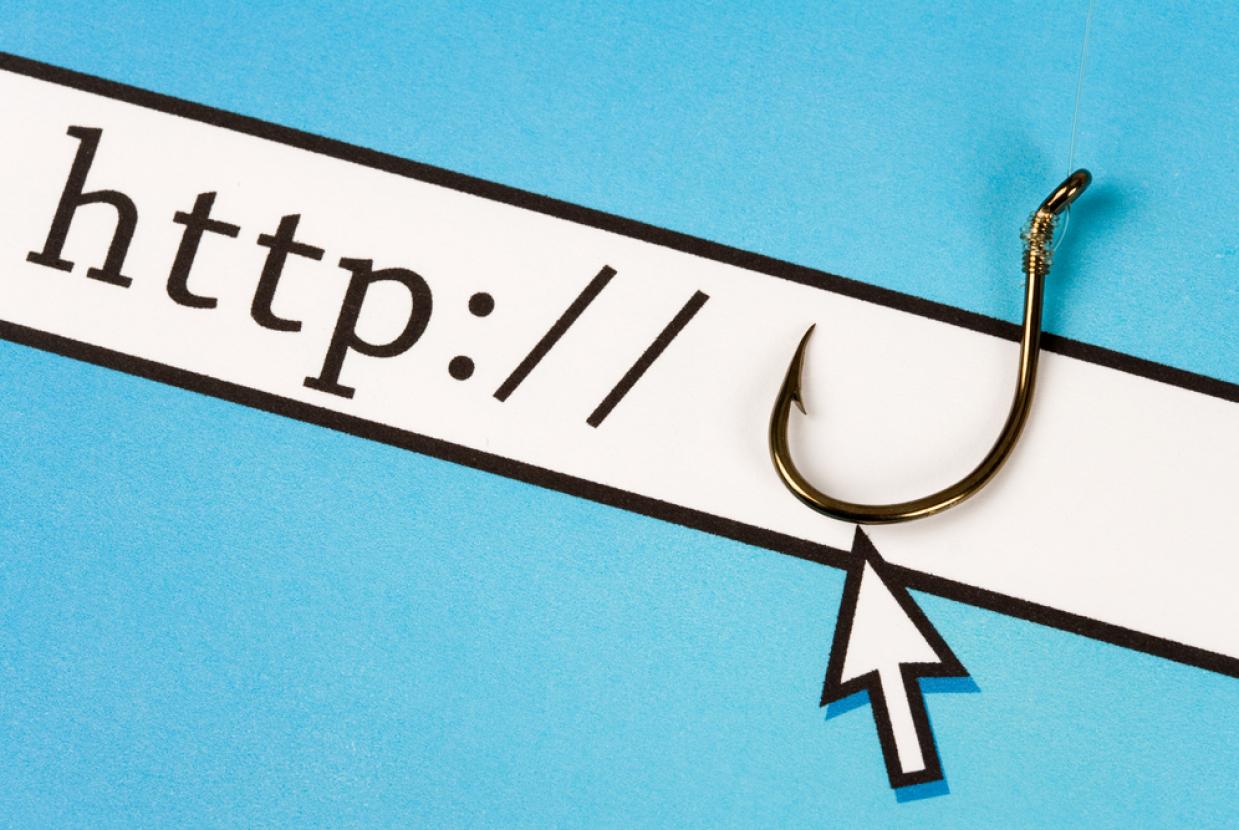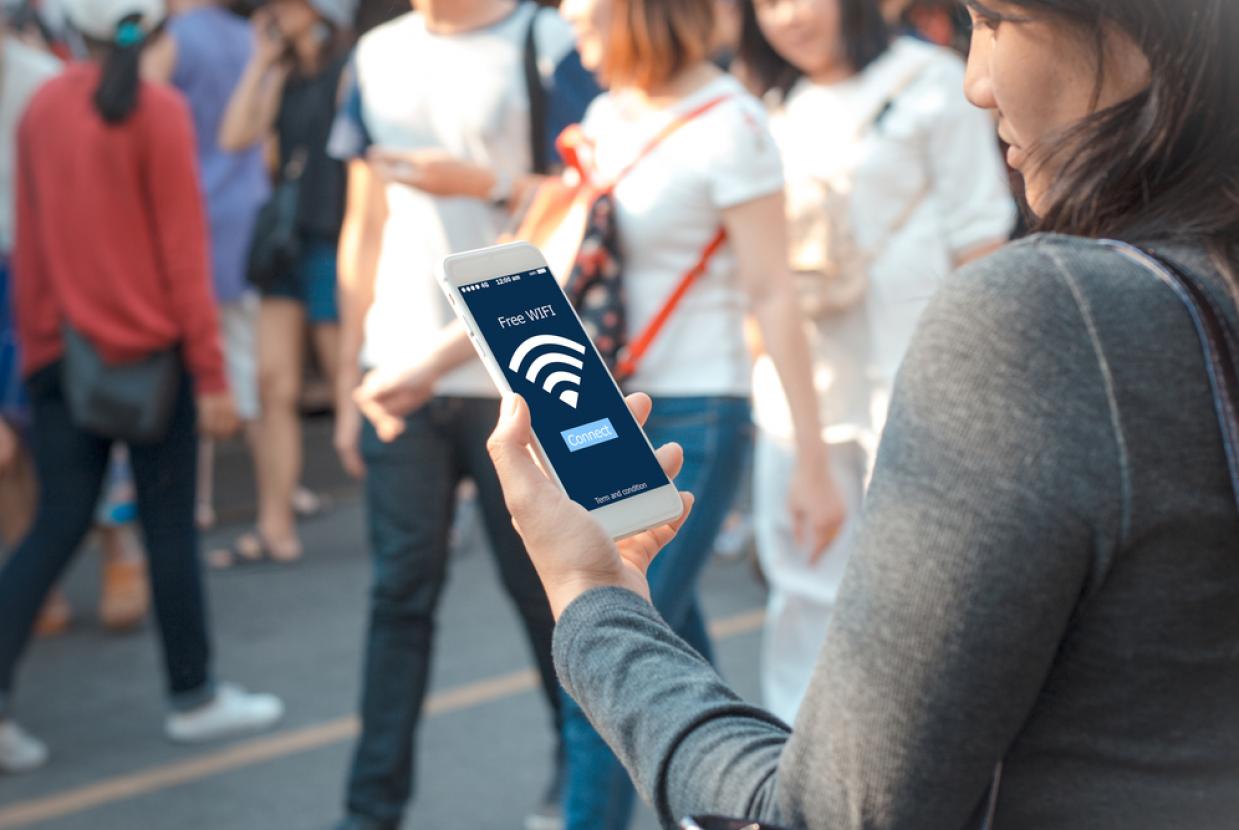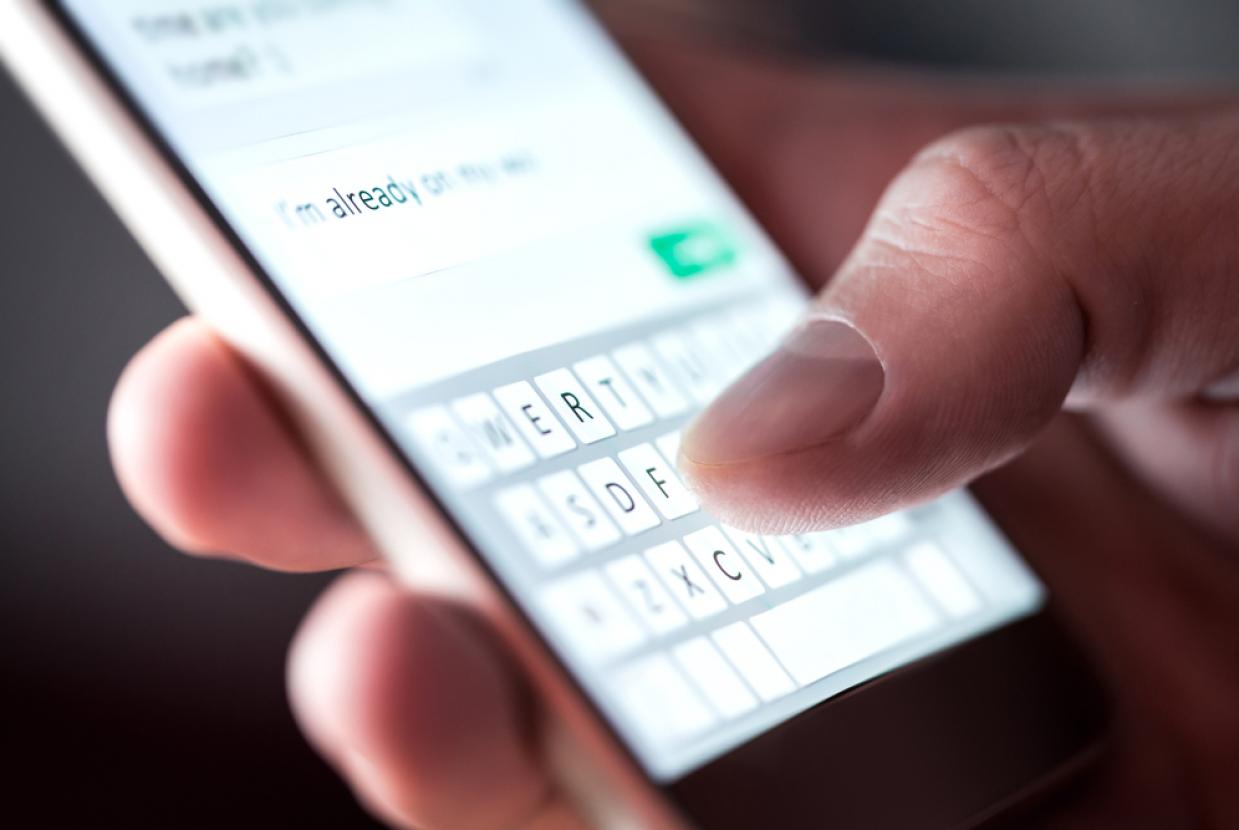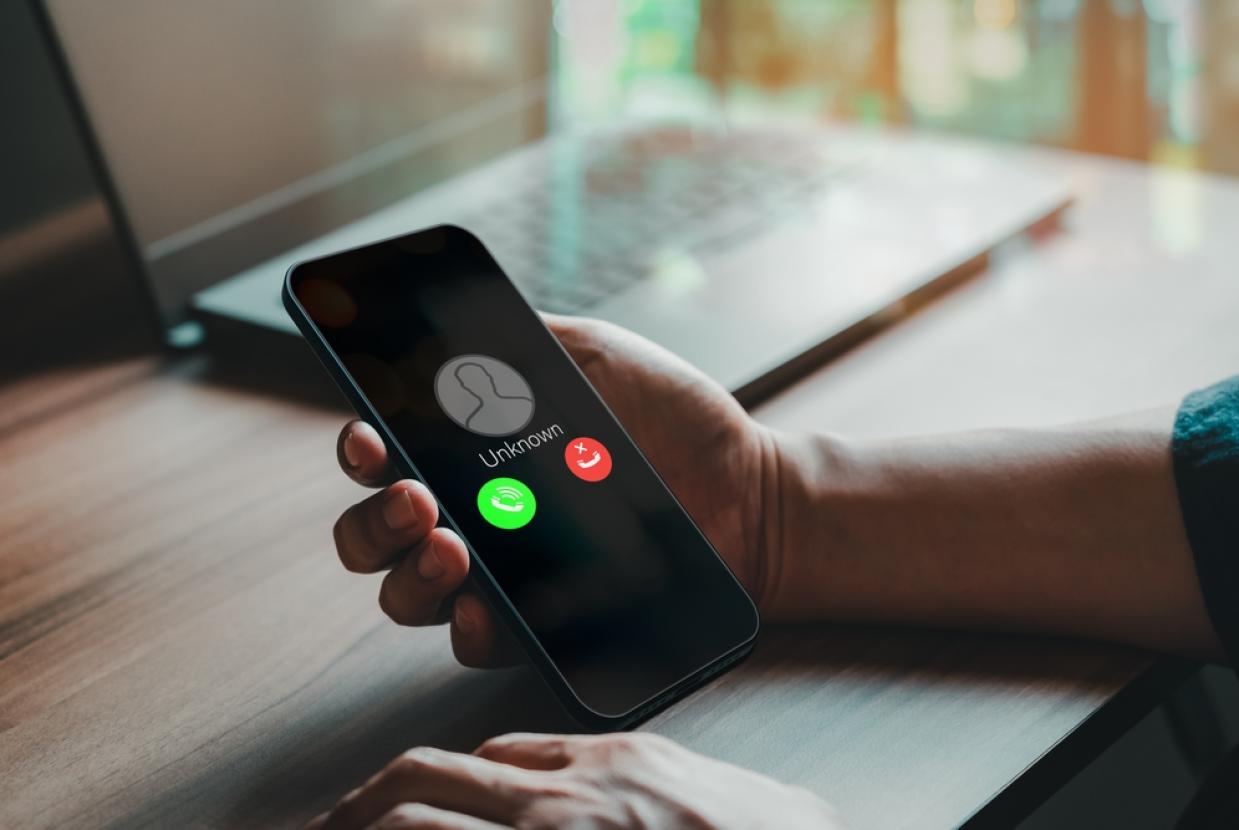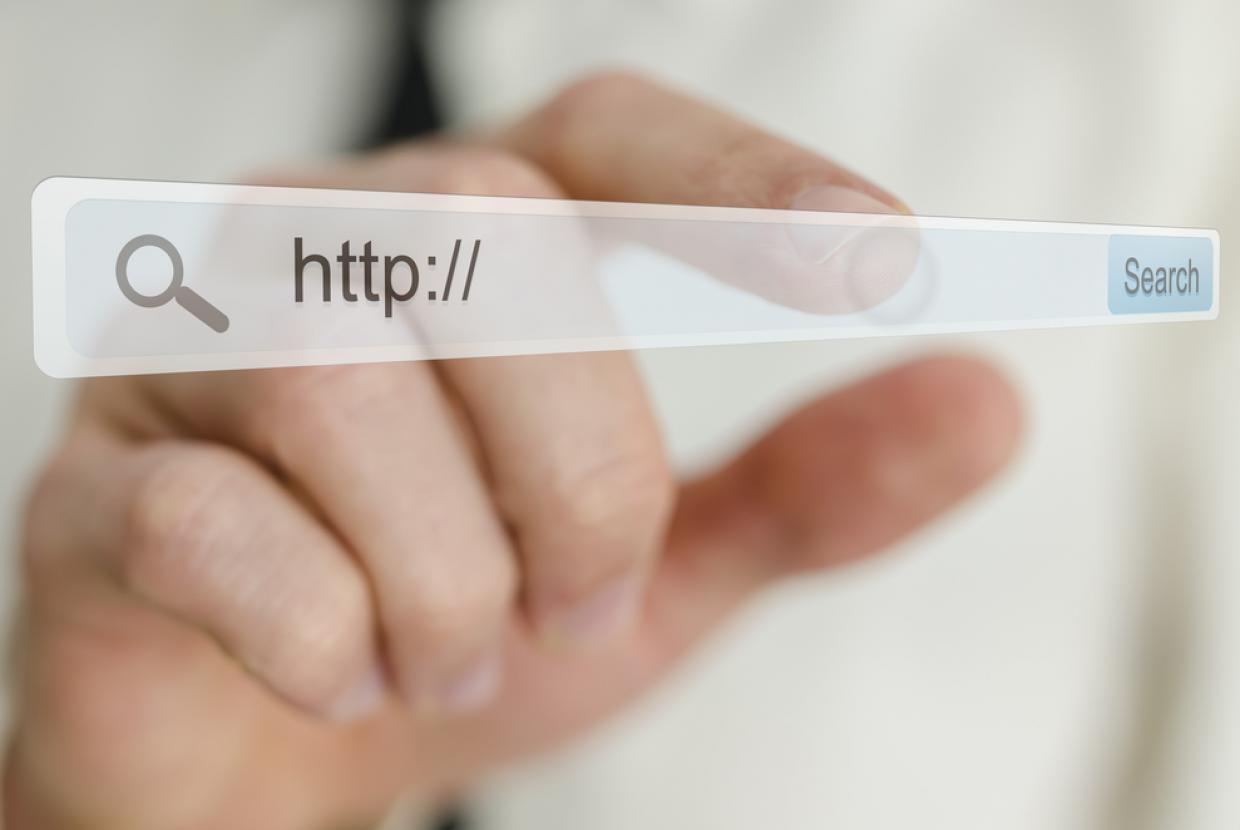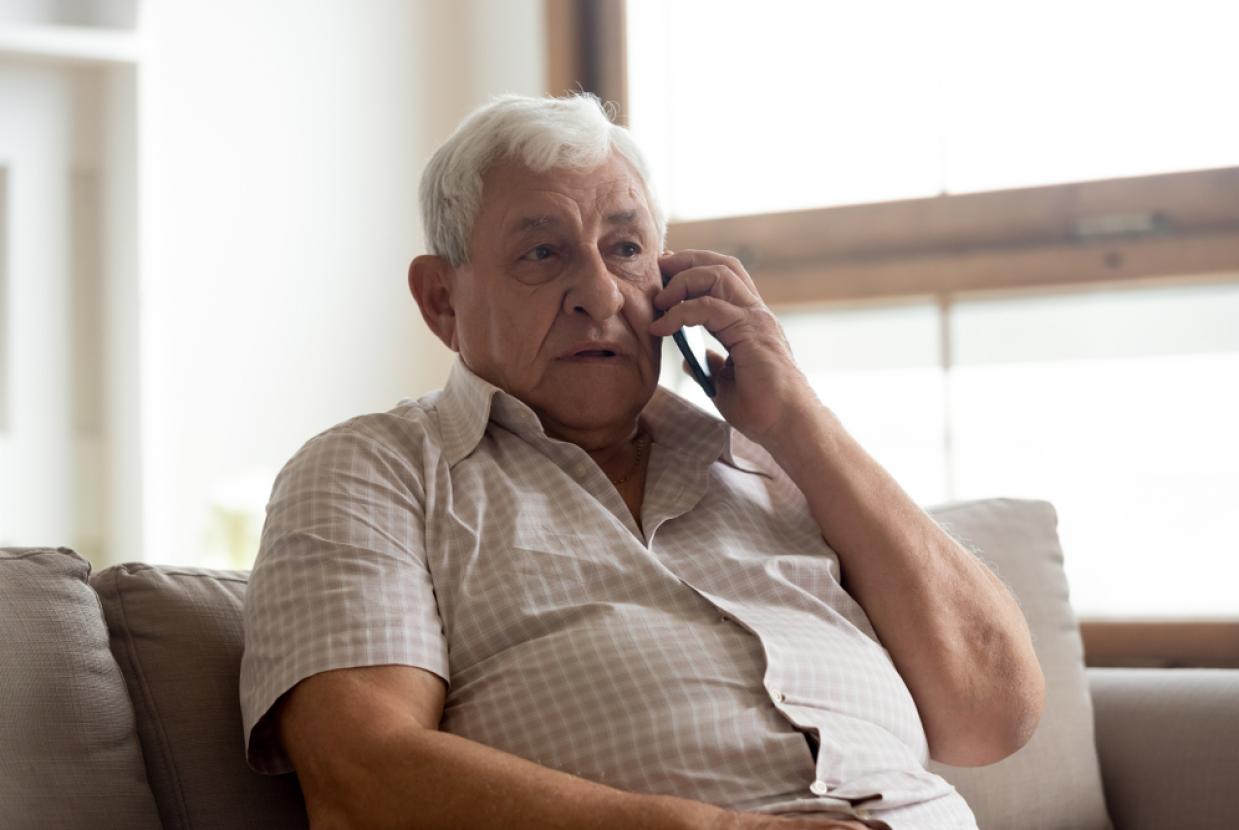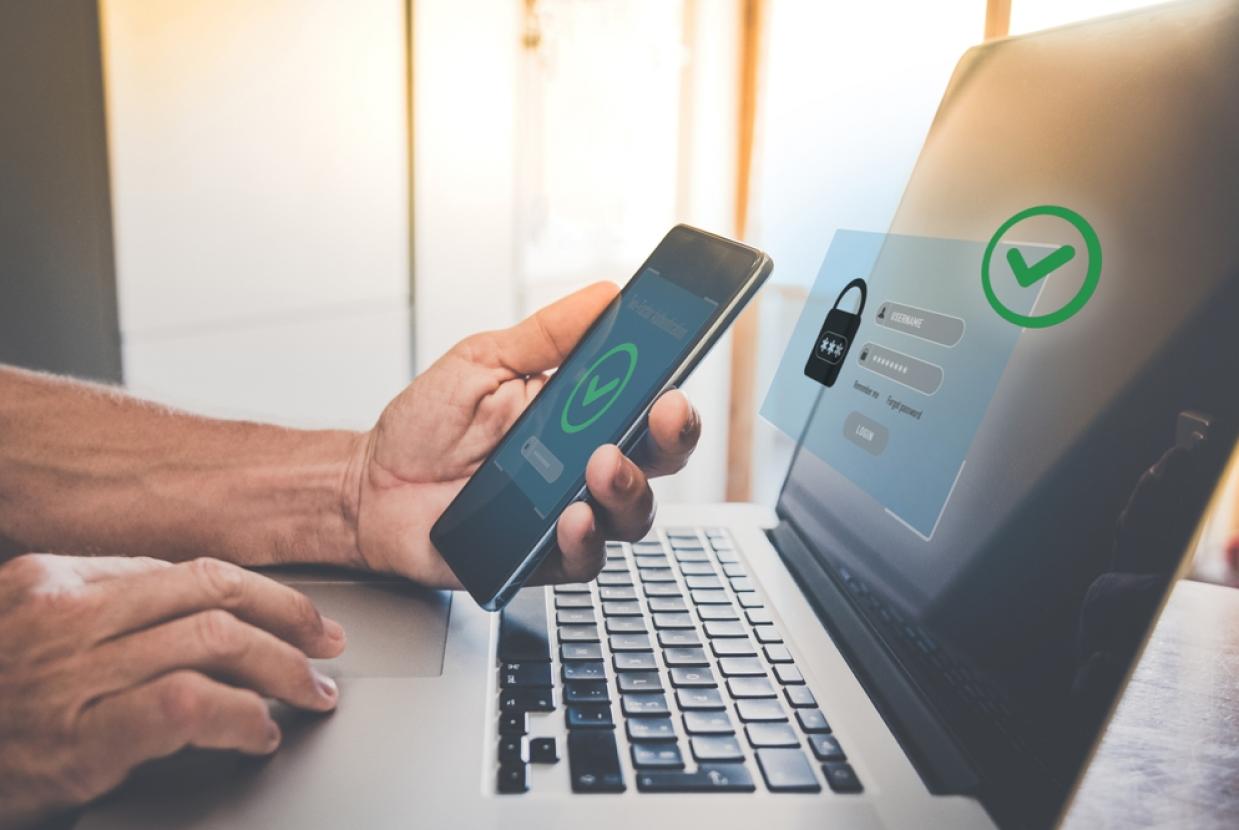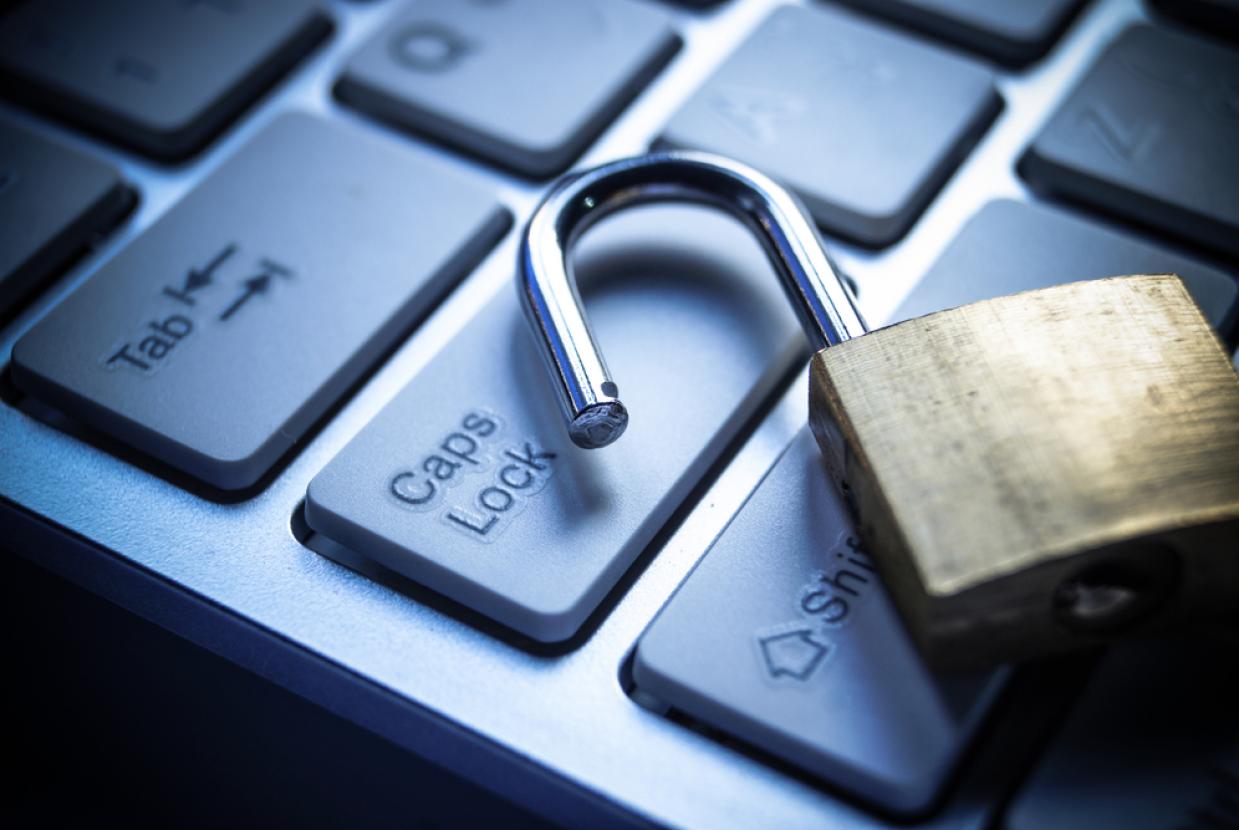Recovering Financial Losses
If you’ve lost money to a fraudster, try not to panic. Contact your bank immediately on a trusted number (for instance, the one on the back of your card or their website, or call 159) and explain what happened. Depending on how the payment was made, you may be able to get your money back. These are the steps you should take to recover any financial losses.
How did you make the payment?
Debit card
As soon as you realise the card payment was part of a fraud, call your bank and explain what happened. If you act swiftly, they may be able to recover your funds quicker or even stop the money leaving your account.
If it’s too late for that, they may still be able to reimburse you using an industry scheme called Chargeback – which applies to payments for up to £100. Always use a trusted phone number for your bank, such as the one shown on your bank card or bank statements, or call 159.
Bank transfer
If you realise or suspect you’ve authorised a transfer from your account to one belonging to a fraudster, contact your bank immediately. Tell them what bank account number the money was sent to and they will try to recover the funds. In many cases your bank will reimburse you.
Always use a trusted phone number for your bank, such as the one shown on your bank card or bank statements, or call 159.
Credit card
If you used your credit card to pay for goods or services that never appeared, call your credit card provider as soon as you realise what’s happened. The credit card company may be able to use a legal protection called Section 75 (of the Consumer Credit Act) or an industry scheme called Chargeback to help you get your money back.
PayPal
Contact PayPal directly. If a fraudster has taken payment for an item but not delivered it, you should be covered by PayPal Buyer Protection. This protection doesn’t apply if the fraudster has set up a fake PayPal page that you’ve made a payment to, or if you’ve sent the money as ‘friends and family’. In these instances, you should report the fraud but you’re unlikely to get your money back.
Cash payment
It’s very difficult to trace and recover payments made to a fraudster in cash or vouchers. You can still report the fraud to help stop the same thing happening to others.
Wire service money transfer
You’re unlikely to get your money back if you paid using a wire service such as MoneyGram, PayPoint or Western Union. You can report the fraud to help stop the same thing happening to others.
I didn’t make or authorise the payment
If you see a transaction on your card that you didn’t make, or it’s for a larger amount than you expected, your bank is likely to reimburse you. Contact your bank immediately or call 159 so they can freeze your card in the meantime.
Problems getting your money back?
If you’ve spoken to your bank or card provider when you think you are entitled to a refund, but it is refused, you can:
1. Make a formal complaint to your bank
If you believe you’re entitled to a refund for money you’ve lost to fraud, and you don’t think your bank has handled your case properly, make a complaint in writing asking them to reconsider the decision. Remind your bank that it has a duty to protect your money and should do everything it can to get back any funds you’ve lost. Provide as much evidence as you can to show why you weren’t to blame for the loss.
2. Complain to the Financial Ombudsman Service
If you’re unhappy with the way your bank has dealt with your claim, you can make a complaint to the Financial Ombudsman Service (FOS). You’ll need to complete a short online form, including as much evidence as you can. It can take a few months, but if the FOS investigators decide your bank or card provider hasn’t followed the rules, they could ask them to reimburse you and even pay compensation.


